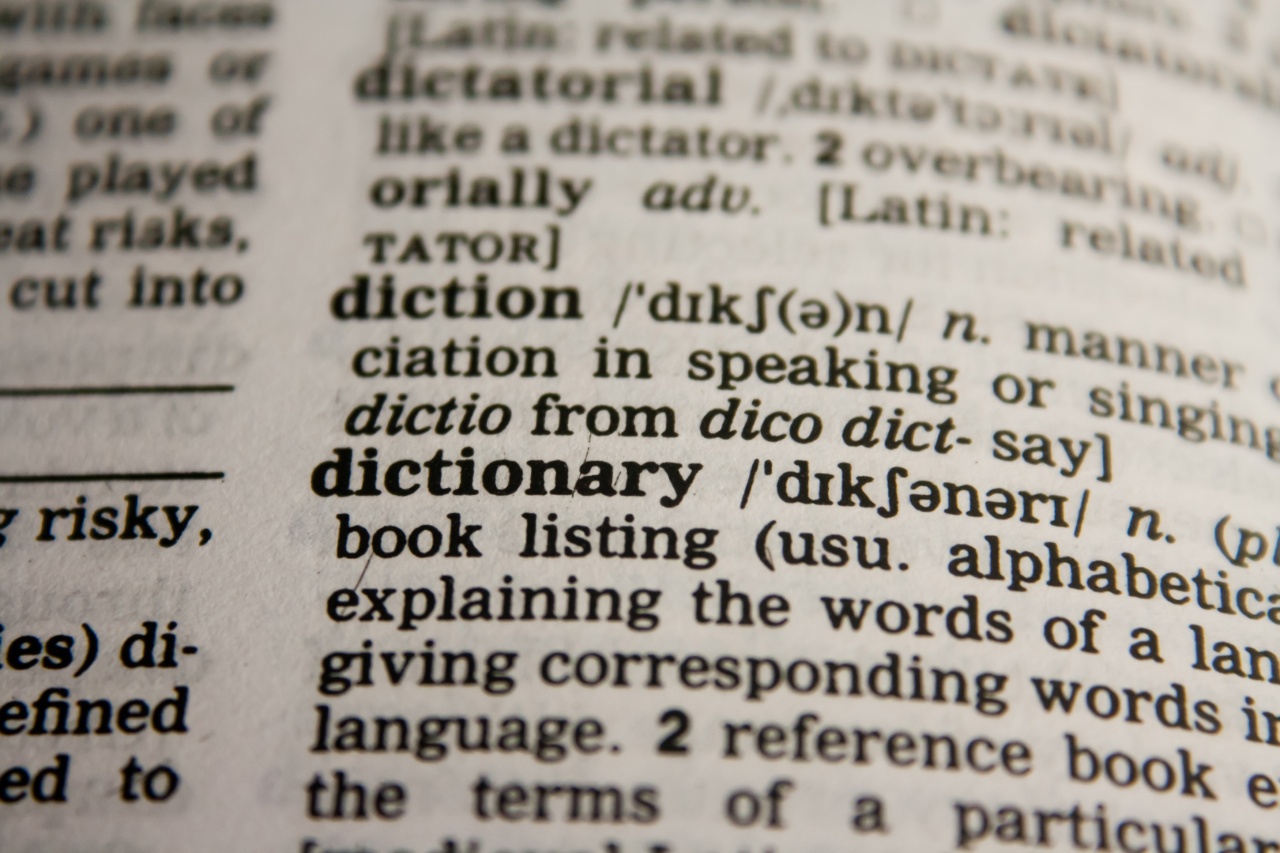Reading can sometimes be a challenging task for individuals with dyslexia. This learning difficulty affects a person’s ability to read, spell, write, and often their speech and language.
Dyslexia is not a sign of low intelligence or laziness, and people with dyslexia can develop strategies to overcome their difficulties and achieve success in various aspects of life, including reading and understanding English texts.
What is Dyslexia?
Dyslexia is a neurological condition that affects the way the brain processes language, particularly written language. It is a common learning difficulty that affects between 5% and 10% of the population worldwide, regardless of age, gender, or race.
Dyslexia can also affect people to varying degrees, from mild to severe, and the severity of the condition can change throughout a person’s life.
Symptoms of Dyslexia
The symptoms of dyslexia can vary depending on the severity of the condition and the age of the person affected. Common symptoms include difficulties with:.
- Reading accurately and fluently
- Spelling
- Writing
- Memorizing
- Rhyming and sequencing
- Organizing and planning
- Pronouncing words
- Understanding written and spoken language
Diagnosis of Dyslexia
Dyslexia can be diagnosed by a qualified professional such as an educational psychologist or a specialist teacher, who would conduct a series of assessments and tests to determine if a person has dyslexia.
The tests may include measuring the person’s reading, spelling, writing, and language abilities. The earlier dyslexia is diagnosed, the better, as it allows for strategies to be put in place to help the person overcome their difficulties.
Strategies for Overcoming Dyslexia and Improving Reading
Although dyslexia cannot be cured, it can be managed through various strategies and techniques that can help a person overcome their difficulties and improve their reading and English language skills. Some of these strategies include:.
- Phonics-based reading instruction: This is a method that teaches people to read by breaking down words into their individual sounds, known as phonemes. This can be helpful for people who find it difficult to recognize whole words.
- Multisensory learning: This involves using different senses, such as sight, sound, and touch, to help a person learn. For example, a person may use their finger to trace the shape of a word on a page while saying it out loud to help them remember it.
- Reading aloud: This can help a person improve their reading fluency and comprehension by allowing them to hear their own voice and clarify their understanding of the text.
- Visual aids: This can include colored overlays, enlarged text, or using a ruler to guide reading. These tools can help reduce visual stress and make reading easier.
- Breaking down tasks: People with dyslexia may find it helpful to break larger tasks, such as reading a book, into smaller, more manageable chunks.
- Technology: There are many technological tools available to help people with dyslexia, such as text-to-speech software, spell-checkers, and audiobooks.
Benefits of Improving English Reading Skills
Improving English reading skills can have a significant impact on a person’s life, both academically and professionally. Some of the benefits of improving reading skills include:.
- Improved academic performance: Reading is a fundamental skill for success in academic subjects, and improving reading skills can lead to better grades and understanding of subject matter.
- Broader opportunities: Many academic and professional opportunities require strong reading skills, and improving these skills can open up new avenues for success.
- Improved communication: Reading is an essential component of communication, and improving reading skills can lead to improved writing and speaking abilities.
Conclusion
Dyslexia can be a challenging learning difficulty, but strategies can be put in place to help individuals overcome their difficulties and improve their English reading skills.
With the right support and resources, people with dyslexia can achieve success academically and professionally, and live a fulfilling life.





























